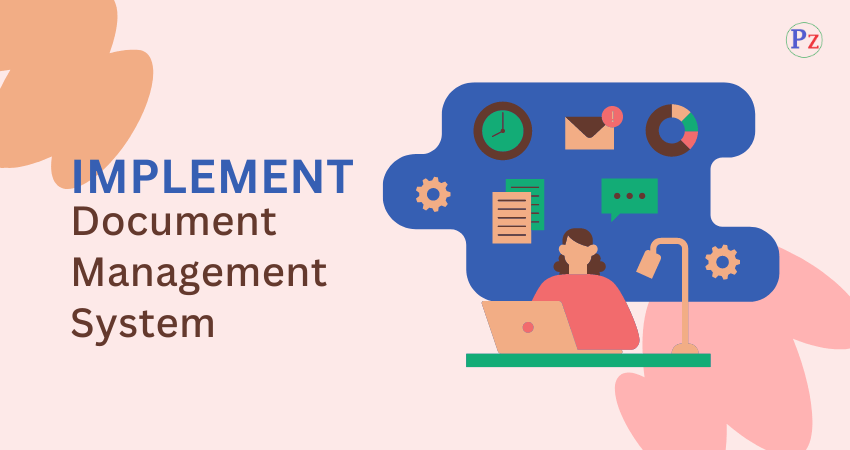Engineers, who work for companies have obligations to respect the legitimate authority of their employers, in order to fulfill the organizational aims. Hence, authority is a must. Authority provides a way for identifying the areas of personal responsibility and accountability.
Institutional Authority
This refers to the authority within the organization. It is the right of employers and managers to exercise their power on employees and to force them to achieve their institutional goals.
In other words it is the institutional right given to a person to exercise power which is mainly based on the resources of the institution.
In order to enable the mangers to carryout some duties such as allocating resources properly, making policy decisions, giving recommendations, looking after the project, issuing orders or directions to subordinates, they should be empowered to act as authorities.
When the authority is given to the qualified individuals by the organizations the goals can be achieved easily. At the same time, the authority granted and the needed qualifications for exercising that authority will not match with one another.
In most of the organizations, incompetence to execute authority is found.
Expert Authority
For avoiding the problems in institutional authority (i.e. incompetence), Expert Authority comes into existence. It is the possession of special knowledge, skill or competence to perform a given job in a better way or to give beneficial advice regarding a job.
For example, doctors are the authorities on health, computer professionals are the authorities on software and hardware etc. This authority is also known as ‘authority of leadership’ i.e., the power to direct others in an effective manner.
Engineers are said to have the expert authority on projects in which they have no institutional authority to take proper decisions.
In most of the companies, expert authority is rested with the staff engineers, advisers and consultants while the institutional authority is given to the line managers.
When the institutional authority is given to ineffective persons, they will be unable to exercise that authority due to lack of power to inspire and encourage the employees to achieve organizational goals.
But, effective people, who are given only institutional authority, may acquire greater power or competence to motivate the employees.
So, the authority must be given to those who get power or competence on the employees. Then only it will be beneficial to the institutions.
An employer may have the institutional authority to direct engineers to do something that is not morally justified. The engineers may have the institutional duty to obey the employer to do morally unjustified things.
So, institutional rights and duties cannot be applied in the same sense with rights and duties that are morally justified.
The institutional authority is morally-justified, only when the goals of the institution are morally permissible or morally desirable and the way in which it is exercised does not violate other moral duties.
Accepting Authority
Employees acknowledge their employer’s authority by accepting the guidance and obeying the instructions given by the employer in their activities that are covered by the employer’s institutional authority.
Whenever subordinates simply adjust their behavior as guided by the decision of a superior, without analyzing the facts and advantages of that decision, then they are said to be accepting the authority.
But at the same time they should not forget to analyse critically the instruction of the employer in order to behave morally. They should look at the justified extent of their “zone of acceptance” of employers authority.
An engineer should not forget his important obligation to protect the public health, safety and welfare. It should be given primary importance than obeying the employer’s institutional authority.
| Read More Topics |
| Sense of “Responsibility” |
| A balanced outlook on law |
| Engineers as responsible experimenters |
| Theory of right action |




